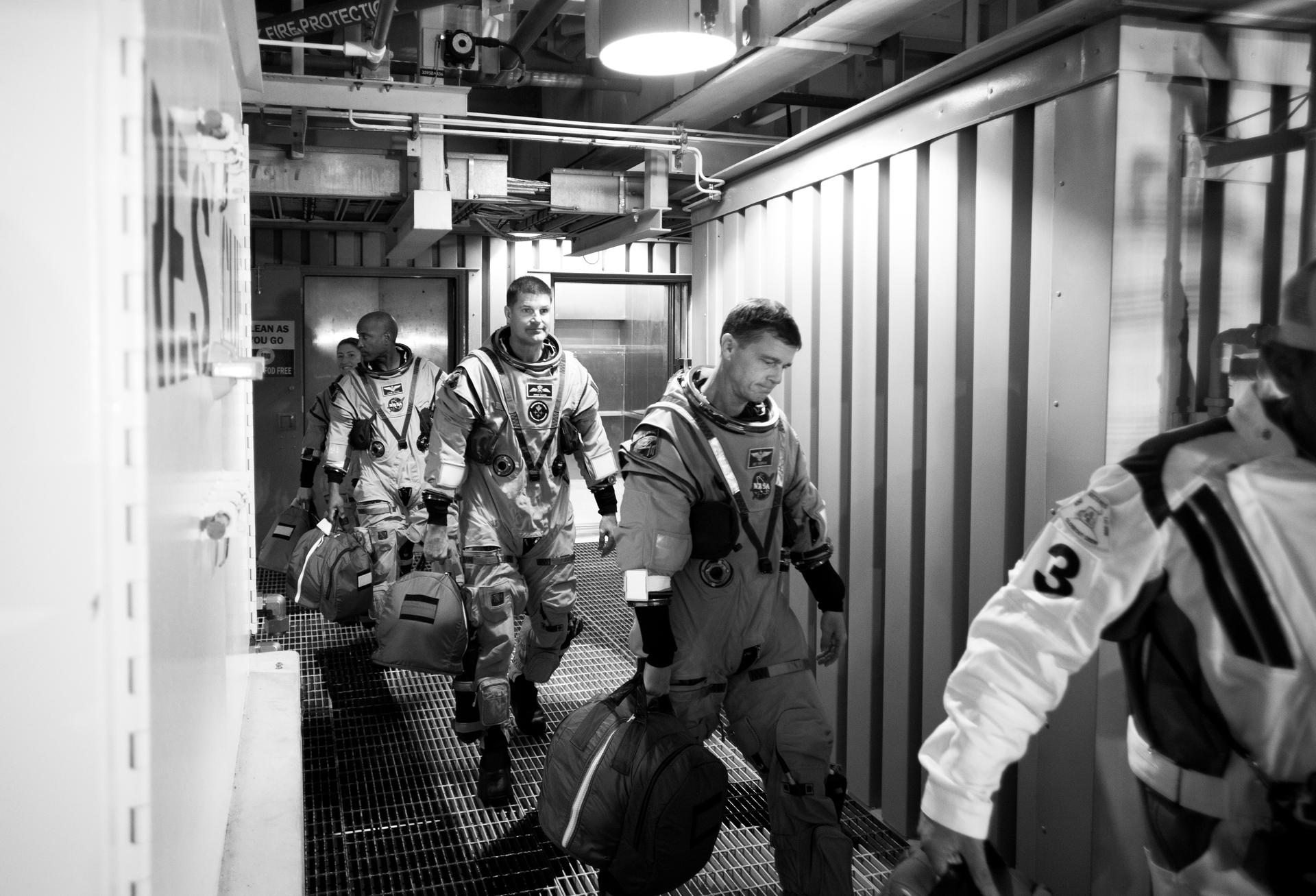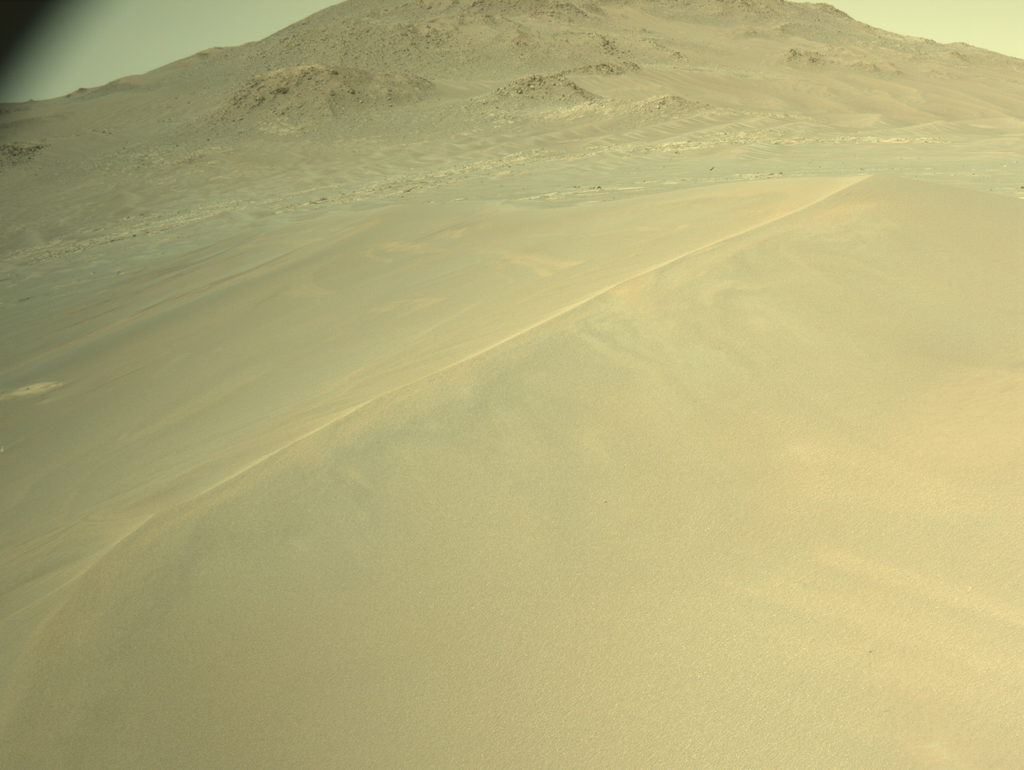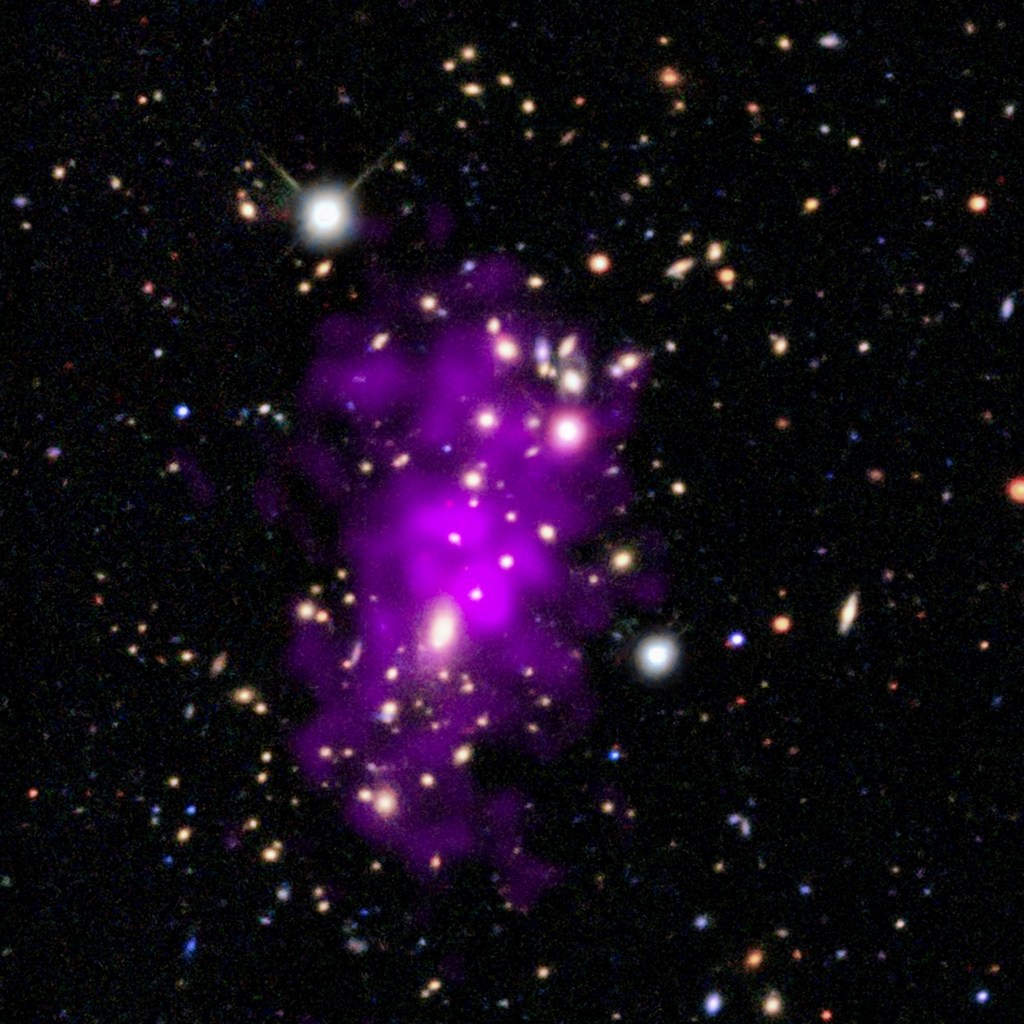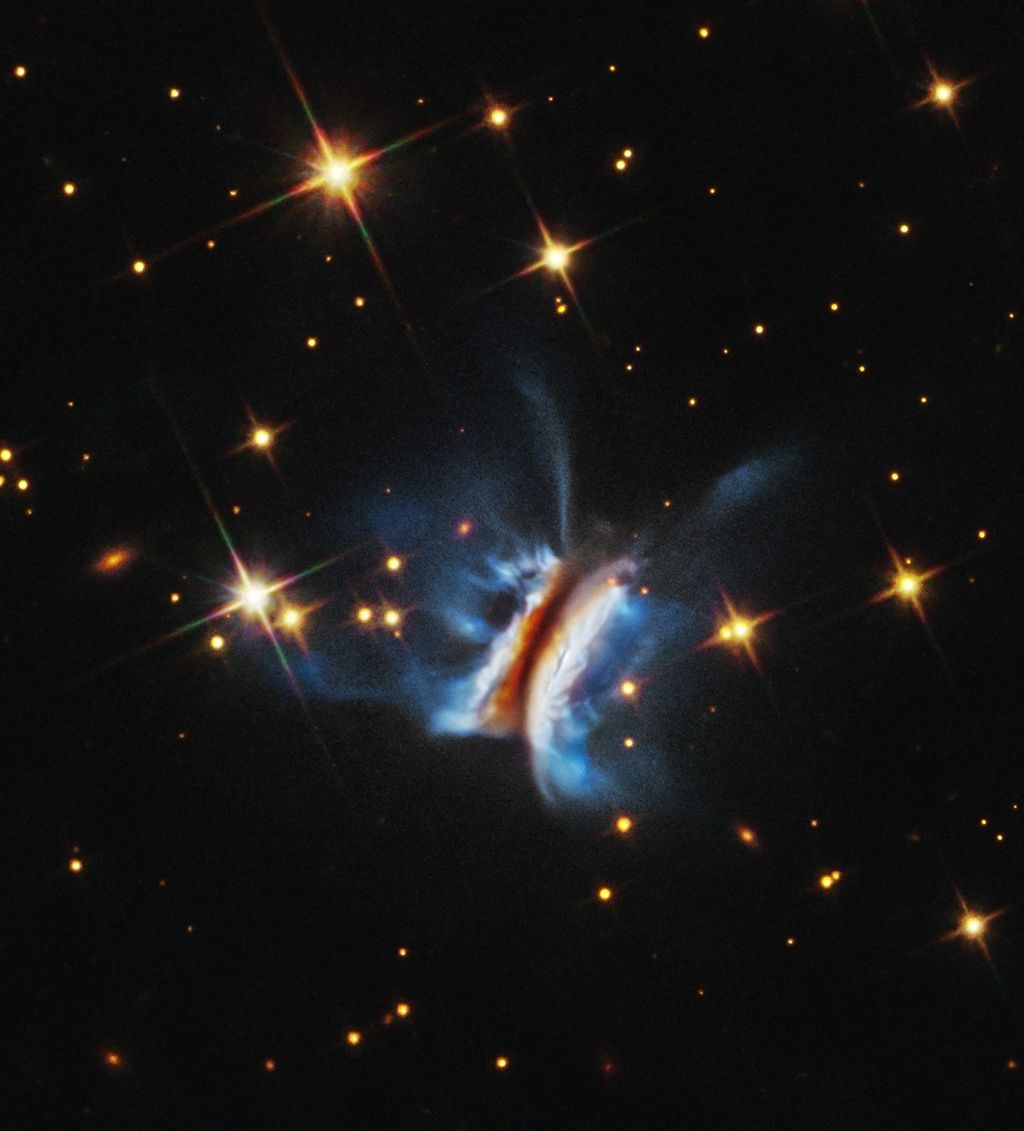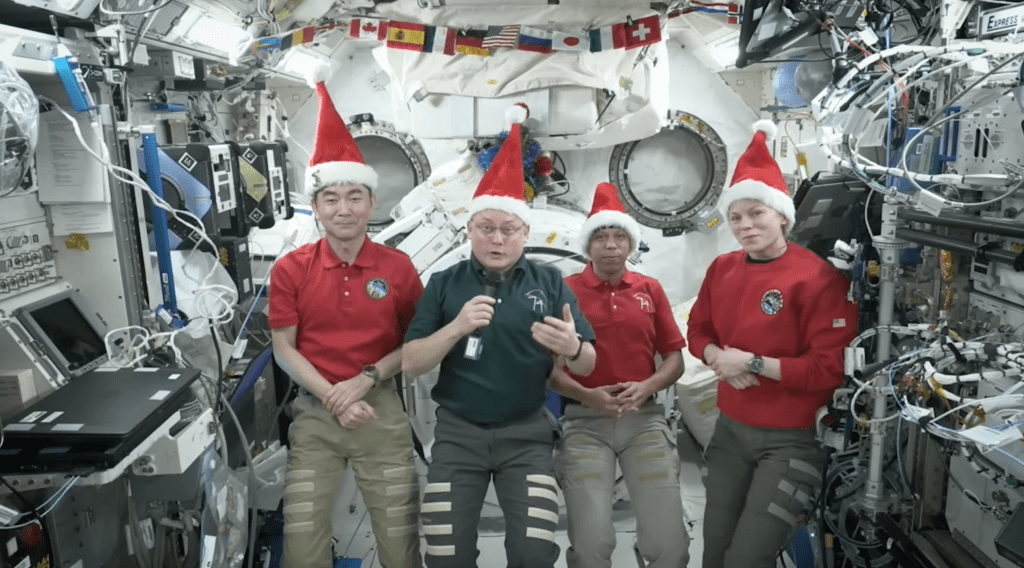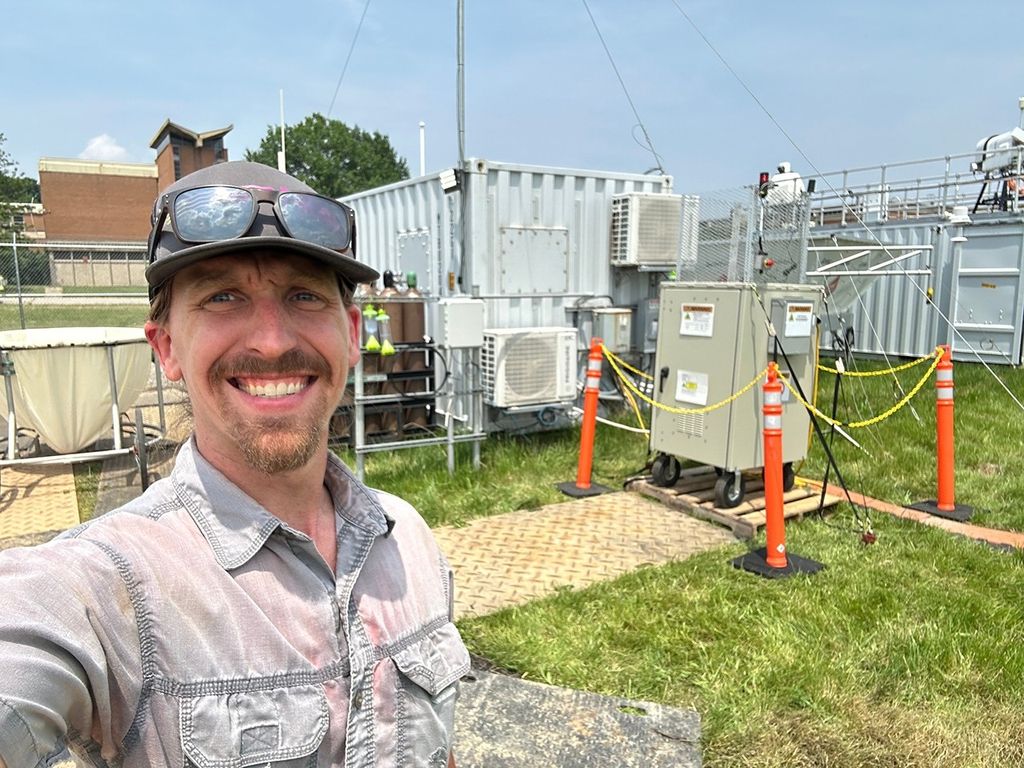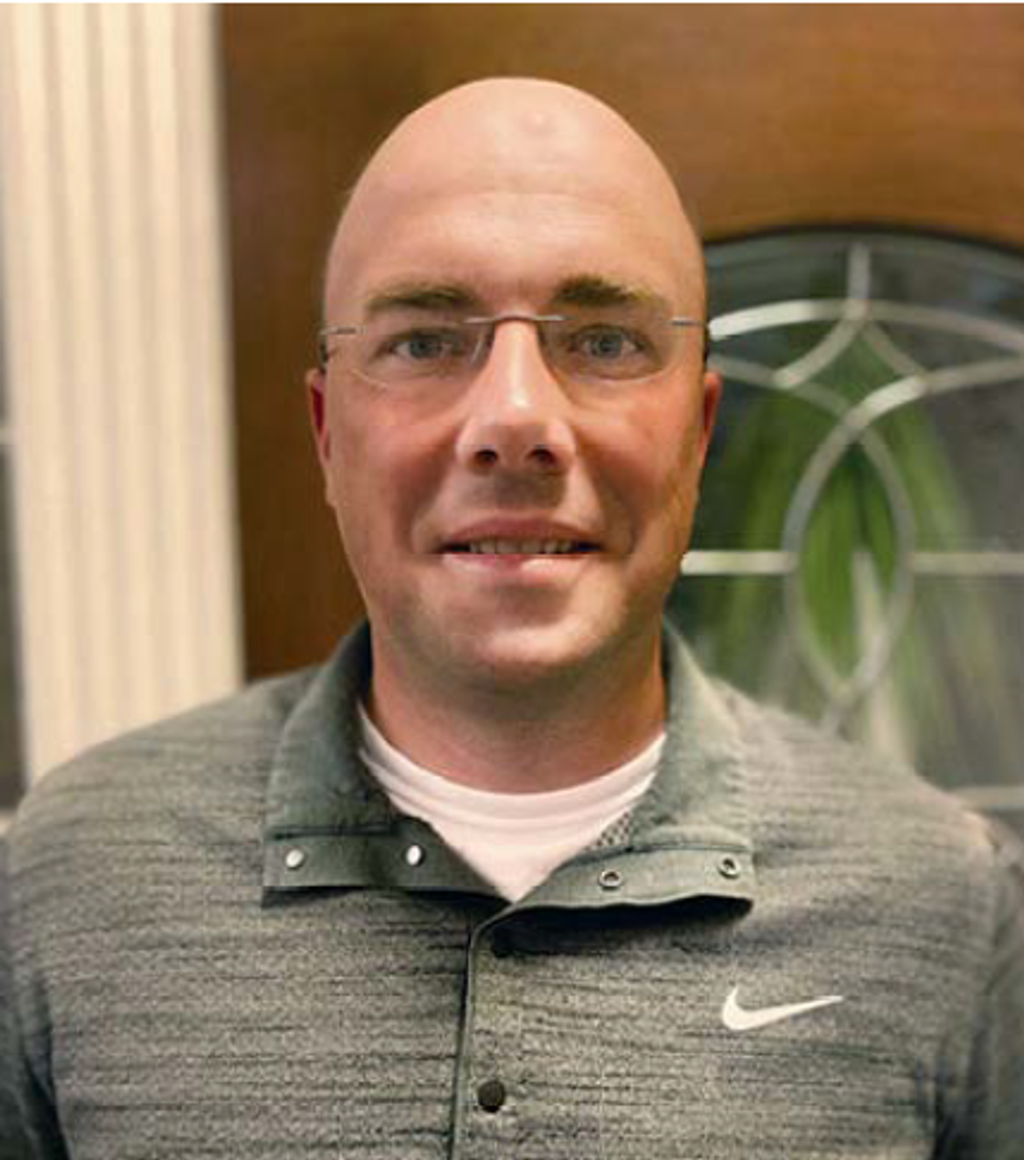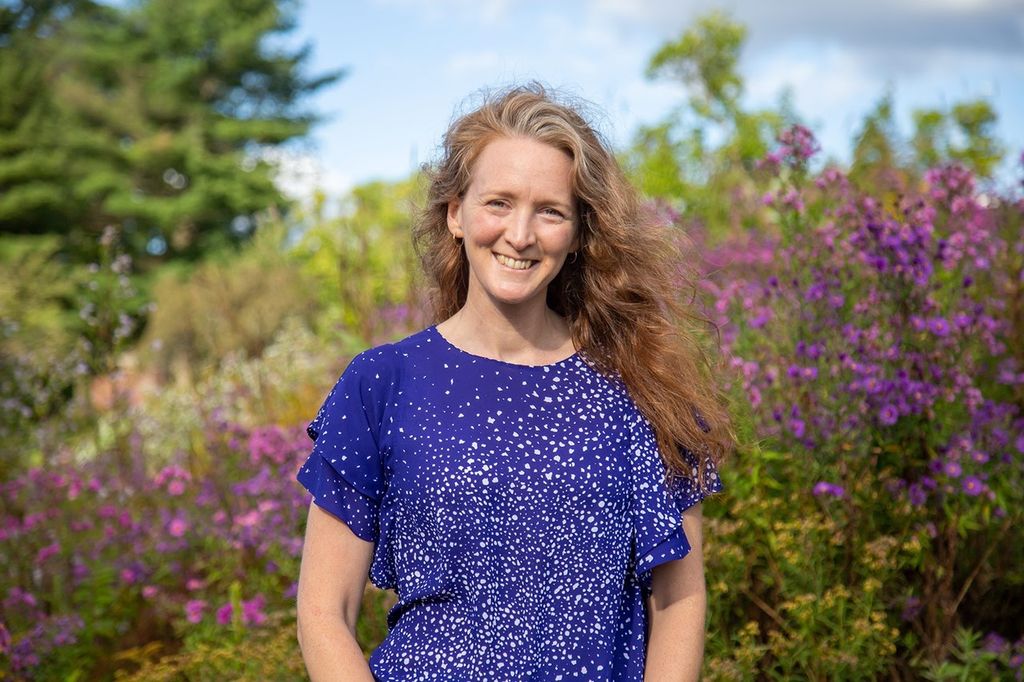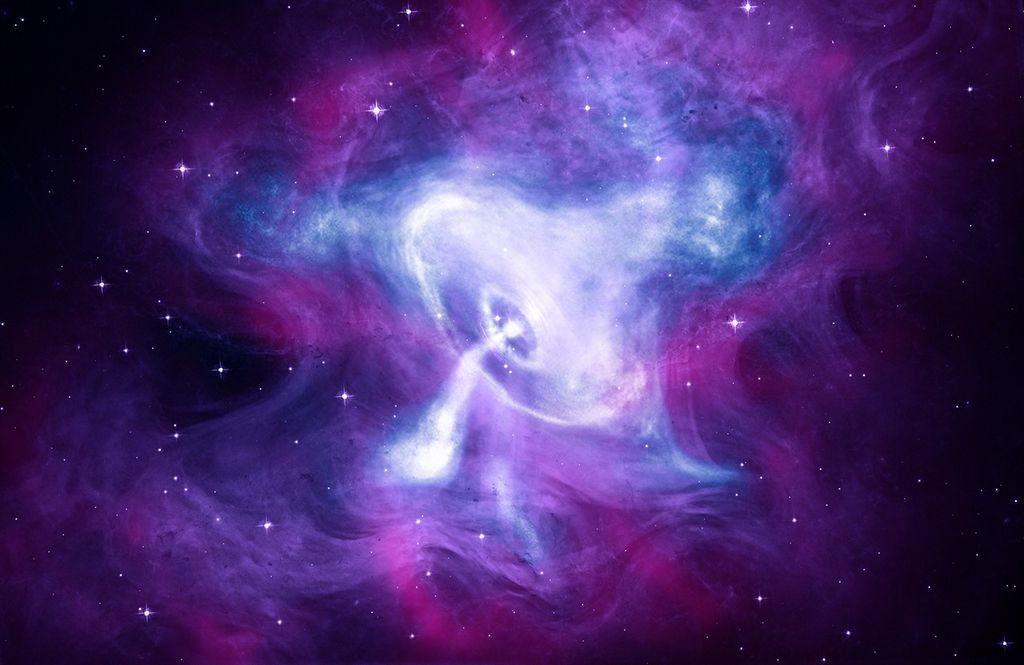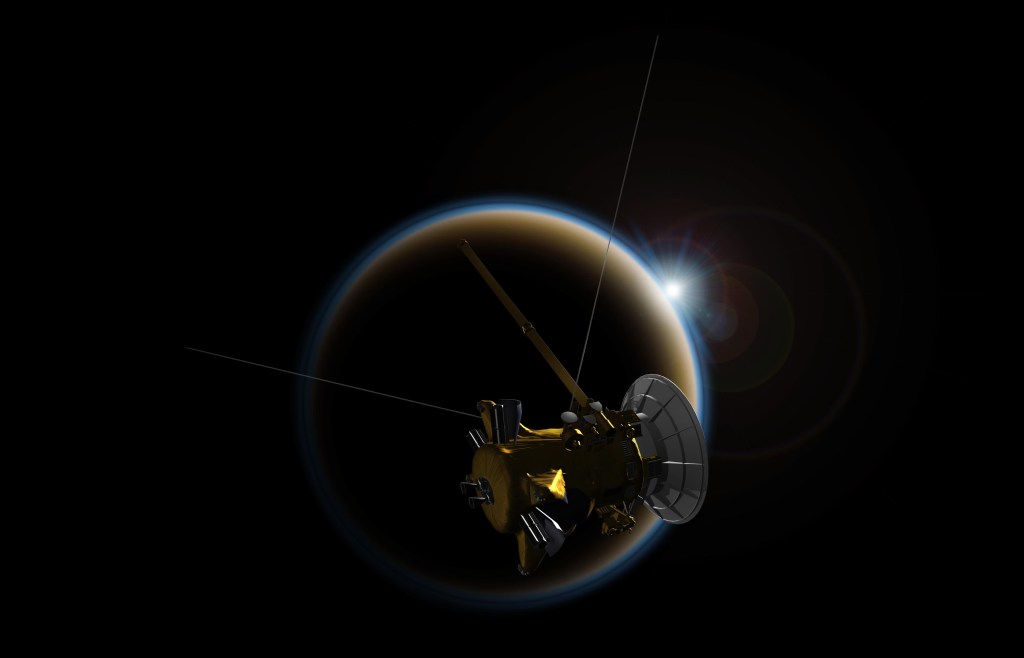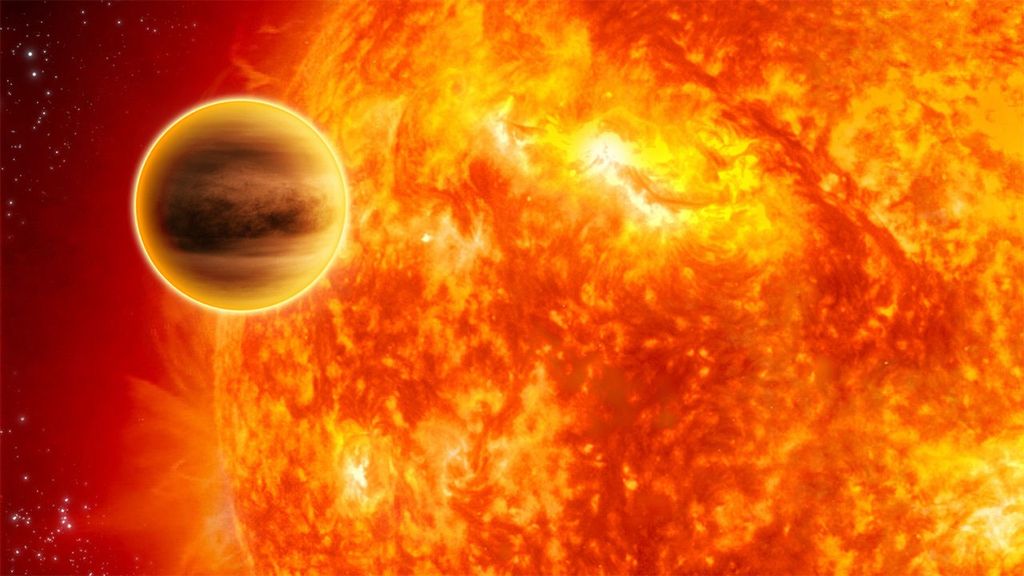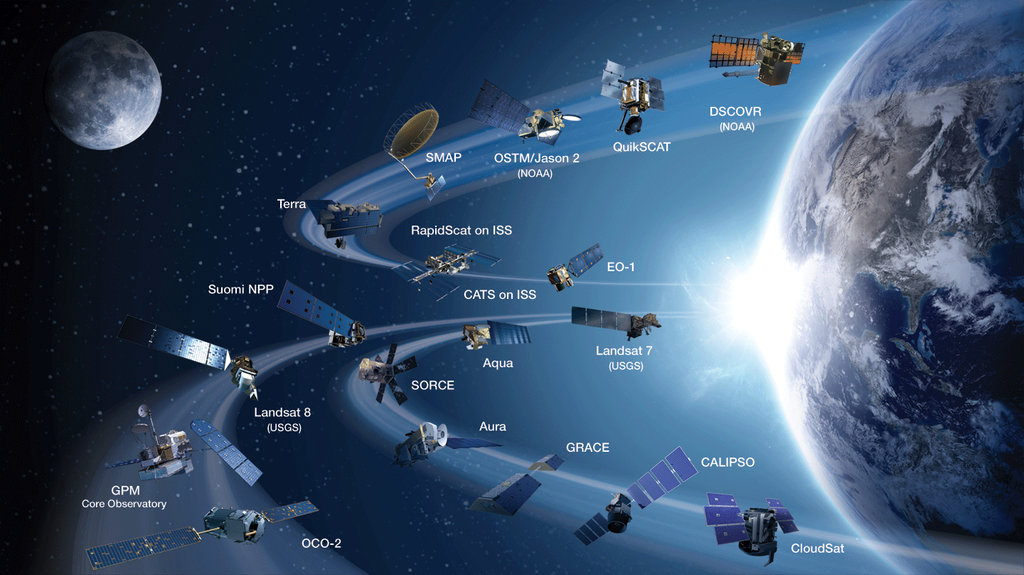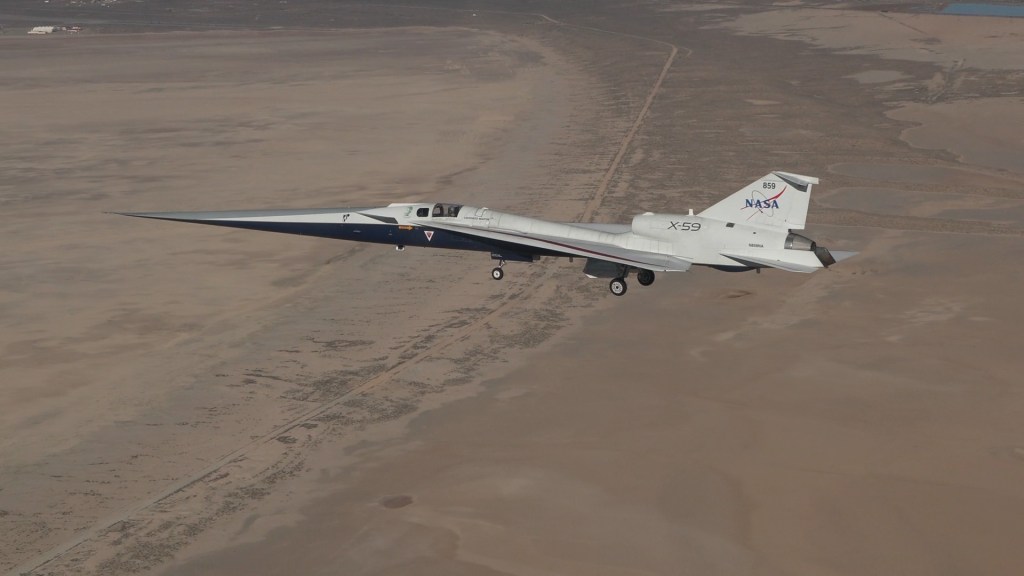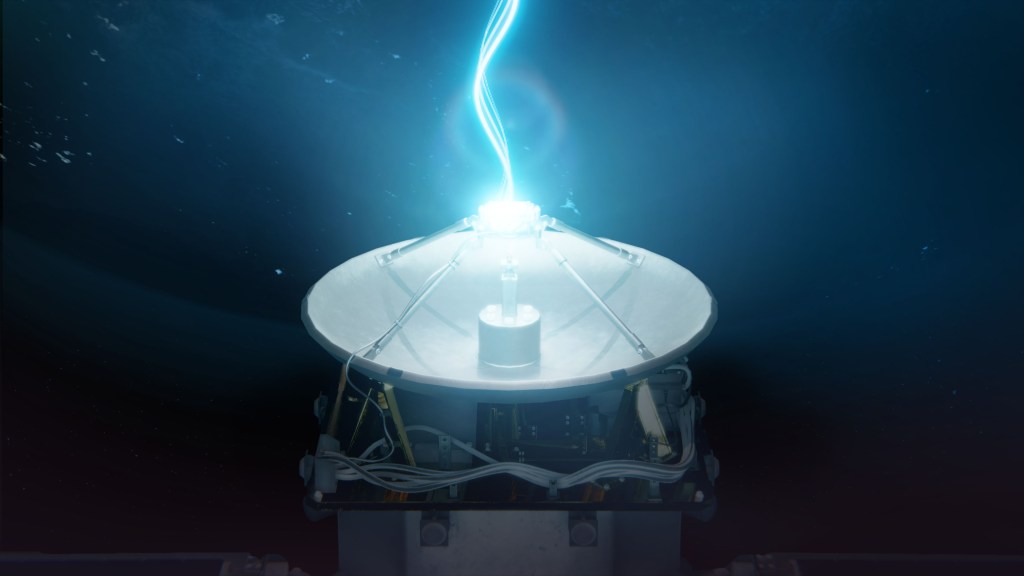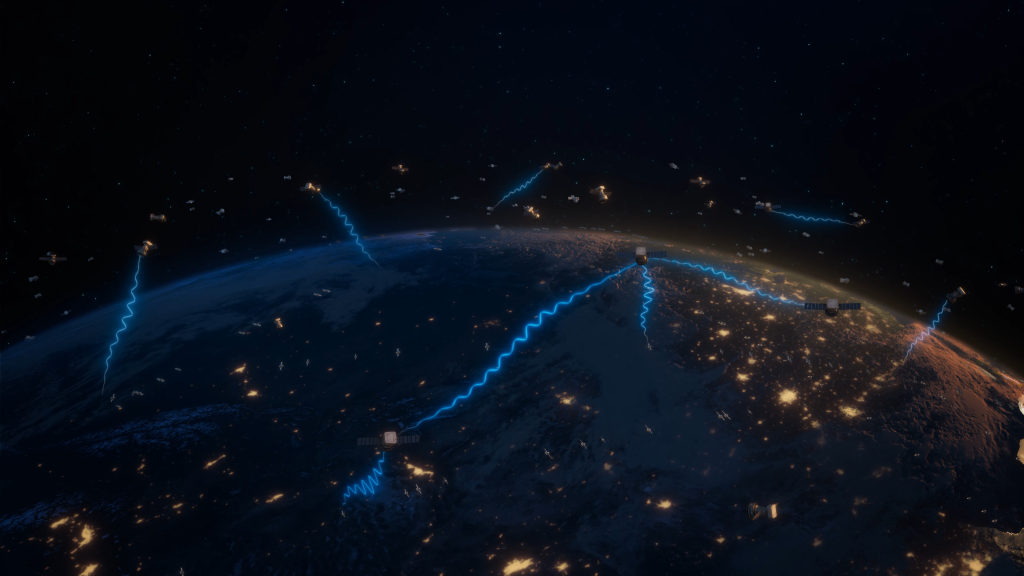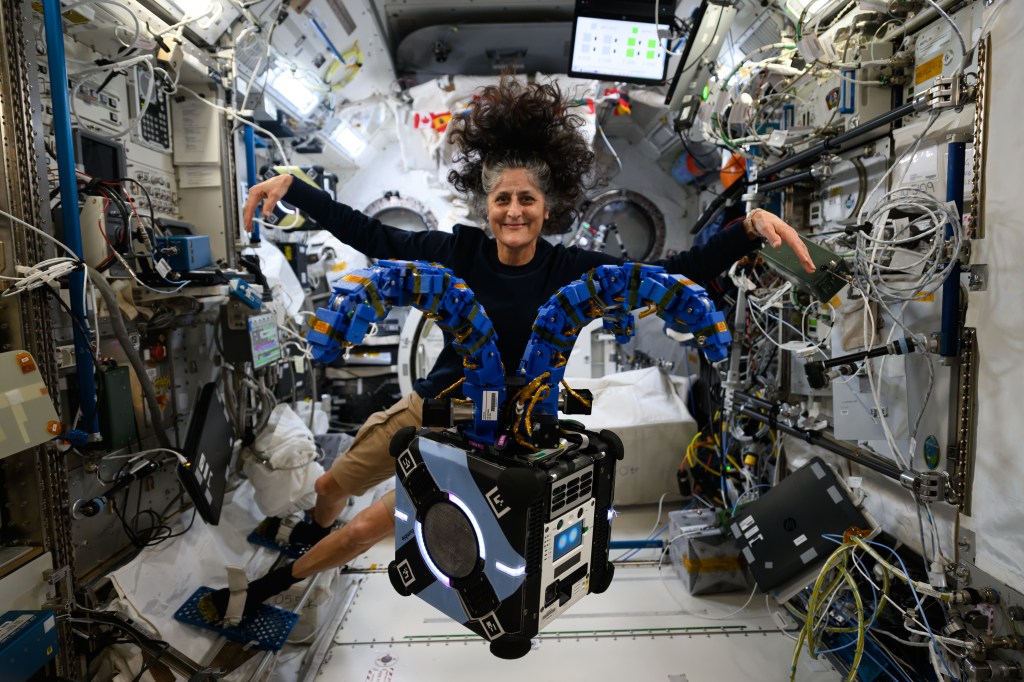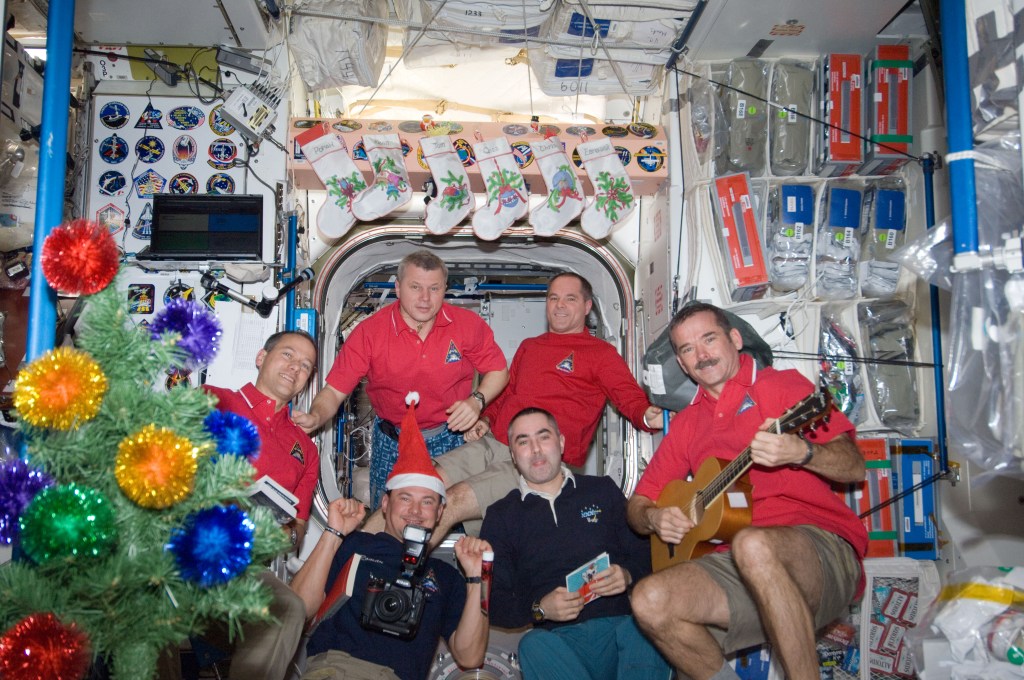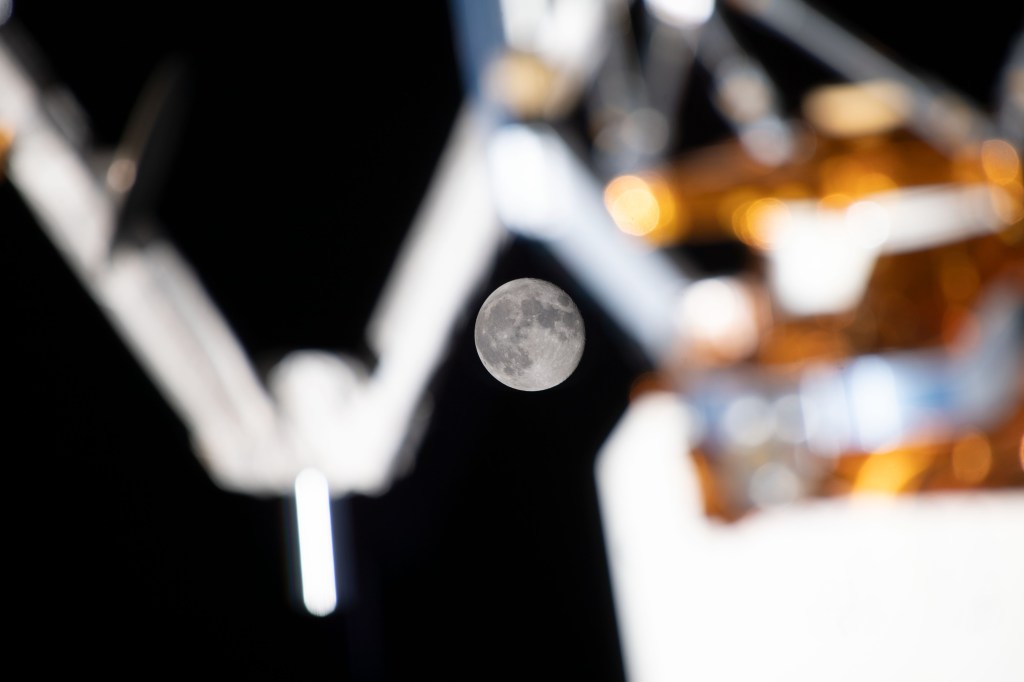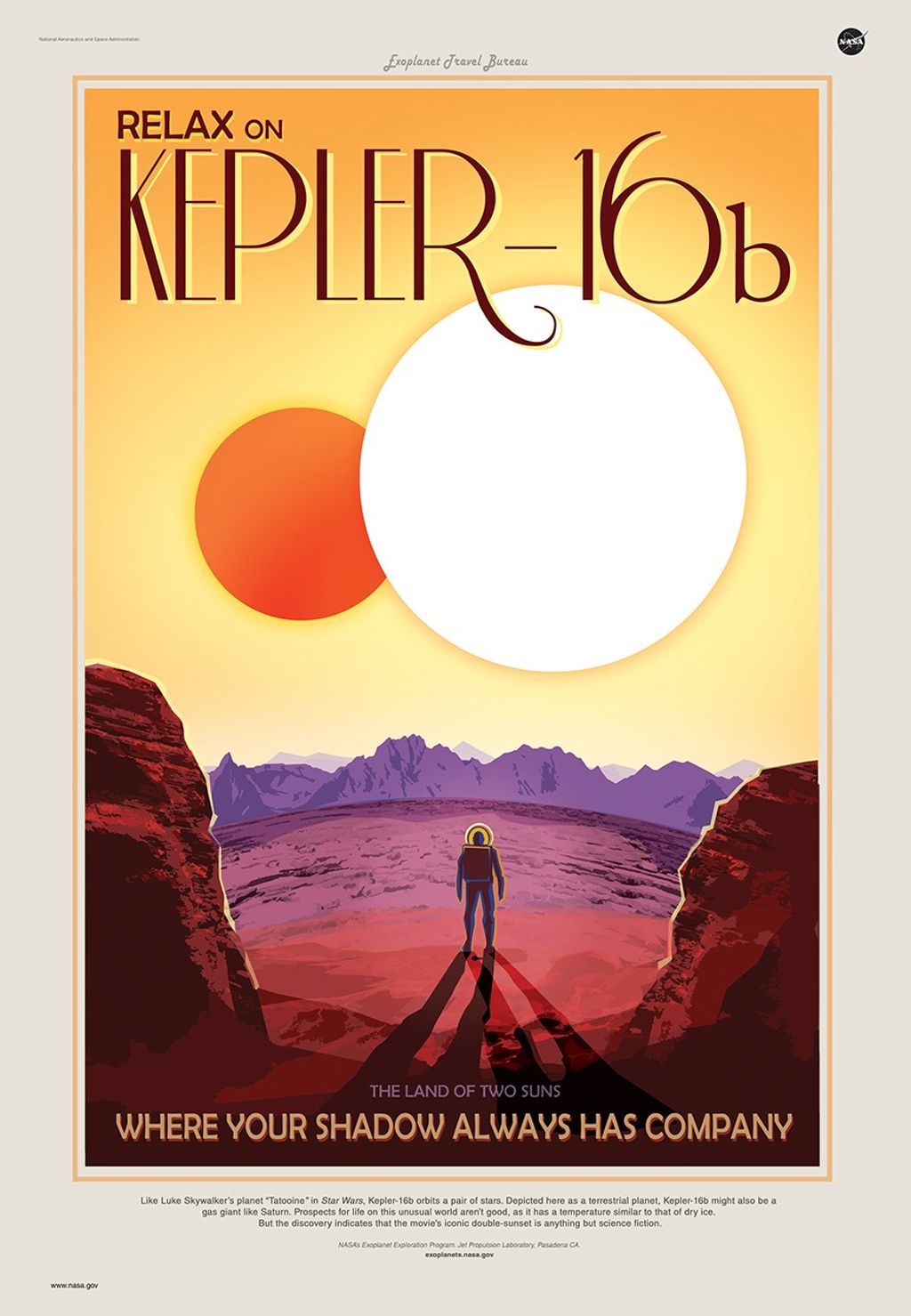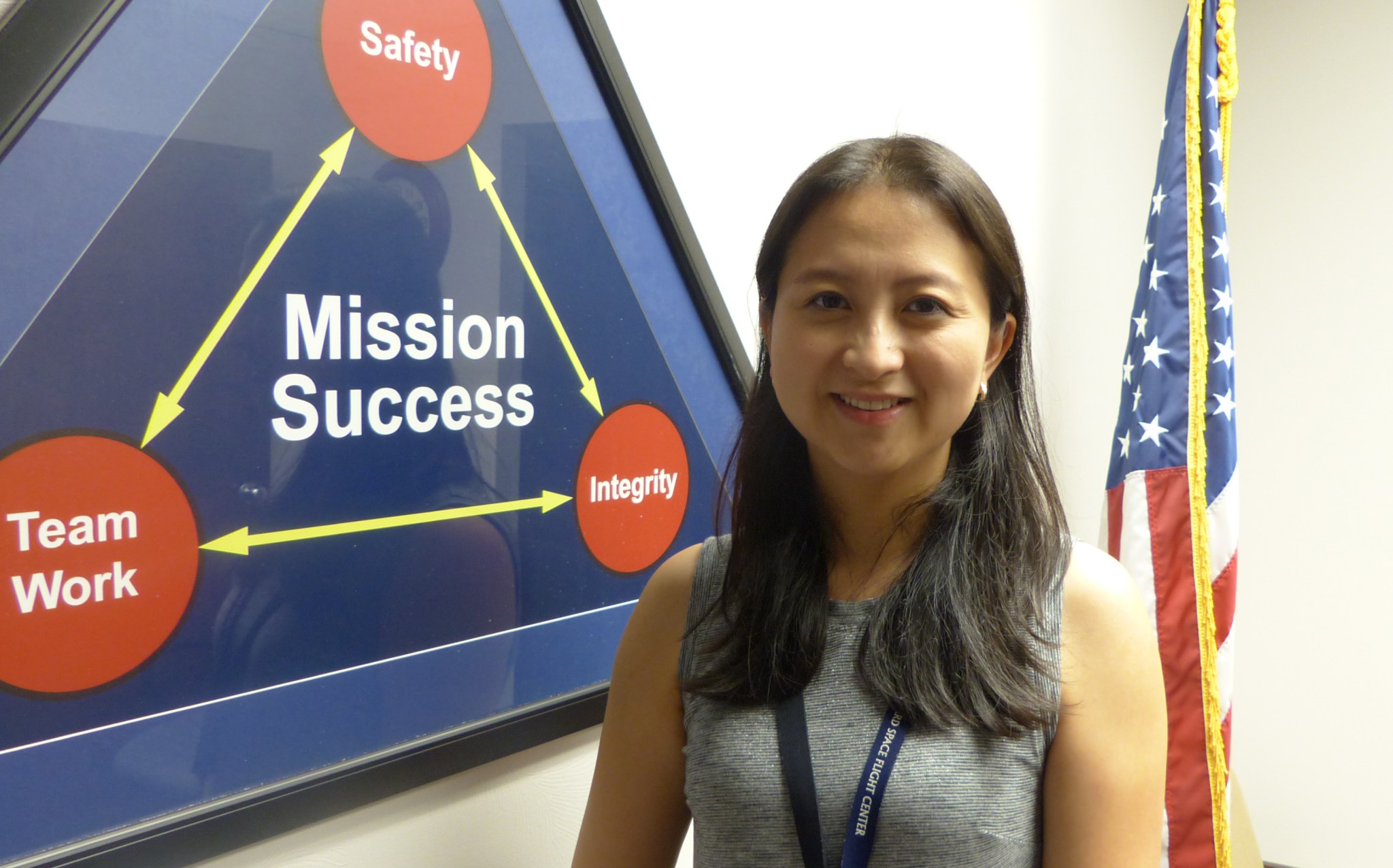Ying Shi – Making Reliable Software for Goddard’s Missions
Thirteen years after moving to the United States, Dr. Ying Shi helps NASA’s missions go according to plan.
What do you do at in NASA Goddard’s the Safety and Mission Assurance Directorate?
I’m a software safety engineer responsible for identifying, analyzing, tracking, mitigating and controlling software hazards and hazardous functions to ensure safe operation within a system. When we develop software, we need to make sure it meets end users’ objectives and requirements, as well as make sure it will not cause any safety related issues during development and operations. For example, inadvertent deployment of solar arrays could hurt someone during testing or damage other flight hardware on orbit. To minimize the risk, we use software along with hardware inhibits to control the deployment of these solar arrays. If the software is sending the wrong command to deploy when is not the right time for deployment, it will cause a problem. As a center software safety Subject Matter Expert, my job is to ensure consistent implementation of NASA’s software safety engineering policies and requirements across projects.
What is the most interesting part of your job?
I have a background in reliability and software reliability engineering. Many of the technics and methods that I learned at school are perfect in paper but may not be applied to real projects. We will need some new software reliability and safety approach and process that can be used for Goddard projects. But since Goddard always has one of a kind mission at different mission class levels, the most interesting part of my job is to find a unified software safety and reliability approach and to ensure a consist implementation of such approach across Goddard projects.
How does what you do fit into Goddard’s missions?
At the Safety and Mission Assurance Directorate, we are responsible for managing and implementing Agency/Center policy and mission specific requirements in the areas of safety, reliability, quality, mission assurance and internal reviews. My job is part of that: to make sure the software is running safely and reliably when performing the intended functions as well as to identify potential risks throughout projects’ lifecycles.
What is your educational background?
I earned a Ph.D. in software reliability engineering from the University of Maryland, my master’s in reliability engineering from the University of Arizona and my bachelor’s in mechanical engineering from Shanghai Maritime University in China.
Why did you study reliability engineering?
I studied mechanical engineering in college and I found myself interested in failure analysis techniques. I studied a lot of accidents always trying to find out what went wrong and looking for a better way of system design or a mitigation plan to prevent that event from happening for an existing design. As a result, I chose to focus on system reliability engineering with a particular interest in how to develop safe and reliable software.
How did your education prepare you for your job at Goddard?
What I learned fits perfectly here at GSFC. With my system reliability engineering background, I first got a job as a contractor system reliability engineer in 2008 at Goddard. Then with my software reliability background, I moved into software safety and reliability area within code 372-mission software and ground system assurance branch and became a civil servant.
What is favorite part about being in Goddard?
I like astronomy a lot. When I was young, I was inspired by space exploration and discoveries. If I had the opportunity to pursue a new career, I would be an astronomer—but remain part of the Goddard family.
Do you have any words of wisdom for people thinking to join Goddard?
Goddard is a frontier of research from Earth to space. If you are fascinated with those subjects, Goddard is a great place to achieve your dreams. And if you like to explore beyond the Earth, this is a perfect place. In the cafeteria you will meet a lot of scientists, when you walk around you can bump into people like [Nobel Price winner and Goddard astrophysicist] John Mather.
What do you remember from when you moved to the United States from China?
It was about 13 years ago when I came to the United States to pursue a master’s degree. I didn’t have friends or family. I was alone with two suitcases and nothing else. The language at first was a challenge. I started studying English at elementary school in China, so I could perfectly pass the GRE and the TOEFL tests. I think that was easier than when I got to the United States and had to face the problem of real-time, face-to-face communication. I still remember the first class I took in graduate level mathematics. The professor wrote down all these equations on the blackboard. I understood the equations, but I didn’t understand what he needed me to do with them. I got his permission to record the lecture and go over them after class to see if I could better understand the class. I also watched a lot of TV, but it was not for pleasure. It was just to get a better handle of the language. When I received my master’s, I started to feel more comfortable.
Fun things people don’t usually know about you?
I like to read history, so I watch the History Channel a lot. I’m also interested in Chinese calligraphy and I practice that when I have time. I am also interested in mystery stories. I always want to know exactly what and how things happened. For example, why and how people built the pyramids in [pre-colonial] Mexico.
What else do you like to do outside of work?
I have two little kids, and I’m with them all the time. My daughter is eight and I enjoy trying different things with her, like dancing, drawing, gymnastics, programming, etc. A lot of times we watch the History Channel together. My son is 15 months old and enjoys music and swimming.
Who is the most memorable person you’ve ever met?
My professor at the University of Arizona. He was a guru in reliability engineering and devoted his entire life to the field. Aside from his contributions to reliability, he helped international students from Europe and Asia to get a better education here in the United States. His name was Dr. Dimitri Kececioglu.
What’s the most interesting place you’ve ever been?
Sedona, which is not far from the Grand Canyon in Arizona. People sometimes call it the spiritual Disneyland.


